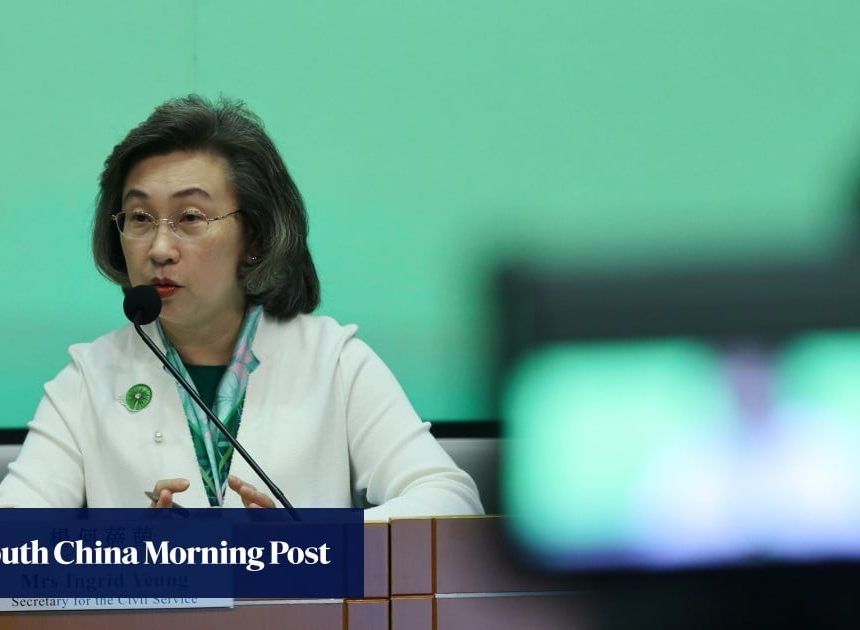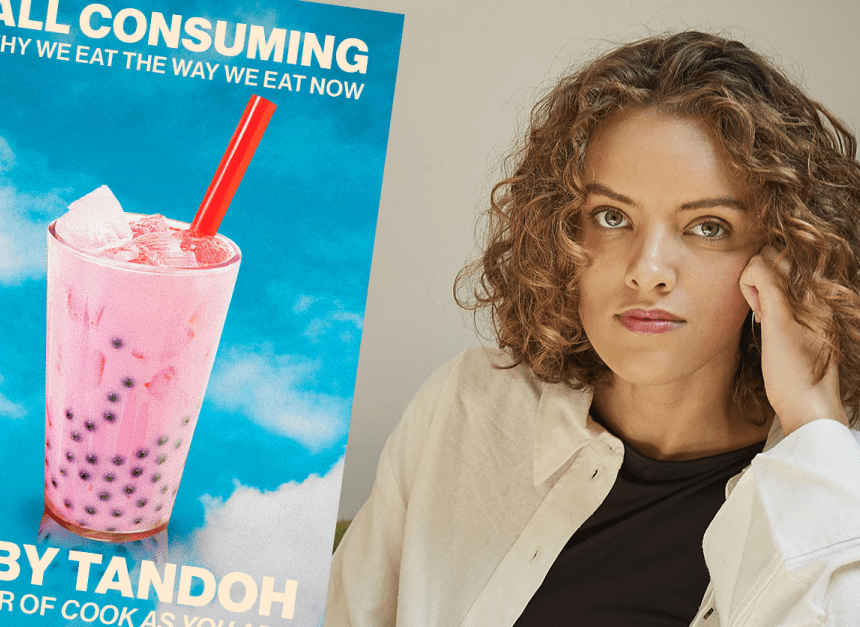Incredible news for residents of the likes of Prince Andrew Drive and Prince Andrew Way, who in recent years have sought name changes from their local councils to remove the unfortunate association with You Know Who. Thanks to last night’s historically dramatic action by the king, the dignity of those aforementioned small stretches of Britain has been restored. (If anyone happens to live in Andrew Mountbatten Windsor Close, my commiserations.) But has the dignity of the British monarchy – current custodians: the House of Windsor – been restored? No, I reckon. In fact, this has made it worse.
By way of background, the royal family’s crises have not been external for some time. It is not beset by marauding forces, or rival claimants to its throne, or parliamentarian revolt. All its greatest crises in the past few decades have come from within. Those crises have been marital, financial, even clinical – and have just avoided being criminal. The royal family has proved its own worst enemy. The things that have happened have not happened to it, but because of it. The call’s coming from inside the castle.
I’ve covered this particular Andrew story for well over a decade, and it hopefully goes without saying that the ex-prince is an utterly grim, utterly dim disgrace. But for my money, this latest Windsor crisis is the most dangerous variety yet for the crown: philosophical. Far from securing the monarchy’s future, the de-princing of Mr Mountbatten Windsor has hastened its end, in the great scheme of things. Don’t ask me to put a number of years on “the great scheme of things” – all I can tell you is that it’s a real rush writing a column that will only be proved right or wrong long after I’m dead. Tony Blair must feel like this every time he says history will judge him kindly for the Iraq war.
But look, here’s the take: when there isn’t a royal family any more, analysts will look back and see the unprecedented enforced commoner-ing of Andrew as a key moment. Not the key moment – that was the abdication. Forgive me getting all Stranger Things on this story, but 1936 was the moment the Windsors opened the gate. Once they started suggesting that people could be fired from Earth’s most committed non-meritocracy – unroyalled, as it were – then they played around fatally with the idea of royalty itself. Now, you might well think that the idea of royalty itself is stupid, but it is what it is. They’re not just another random rich family. They’re supposed to be special and ethereal and not subject to personnel issues. There’s no way in the world they should want to be stepping out of their realm – which is, quite literally “the realm” – and into the plebeian waters of appraisals and feedback and mandatory discrimination training and whatnot. Though all that would, as always, make a fun three-minute comedy sketch.
The most almighty number of shitbag relatives have been harboured by the British royal family down the centuries. Obviously it was easier when you could just poison your errant brother or whatever, but for those that couldn’t (most of them after the 17th century), you lived with it via exile and so on, because total deroyalling torpedoed the entire idea of what it was you were born into. The British dukes who had their titles removed for fighting for Germany in the first world war were distant foreign randos. Andrew remains eighth in line to the throne.
So yes: the abdication was when the Windsors opened the gate. After that it was – and will be – whack-a-mole. Every crisis will draw significant numbers of people out who would ask why you couldn’t cut off whoever was displeasing them in that moment. And why not? You got rid of one: the precedent is set. My theory is that the late Queen Elizabeth realised this, and consequently knew that to avoid making matters worse, she would have to work as queen till literally her dying day. Don’t forget that for quite some time, people seriously suggested that the crown skip the then-unsatisfactory Charles and be passed straight to William. Don’t forget that later on, people kept suggesting that Elizabeth abdicate in favour of Charles, having put in decades of exemplary service and being deserving of retirement, as though monarchy really were this ludicrous “firm” they keep telling us it is.
But it isn’t. It isn’t a firm, or a small-to-medium enterprise, or a place where you pick and choose which family member gets the big jobs. They’re not the flipping Murdochs. As far as the long-termist stewardship of the thing they are above all charged with protecting goes, I think that, philosophically speaking, you have to play the cards you’re laid. Now public opinion has managed to get the king to issue a P45 so close to home, it will be that much easier to call for the next personnel change. The king won’t have too many more years in the managing director role. But William, that supposedly iron-fisted current HR director, is a very indifferently gifted individual who will probably prove to be overpromoted in the role of king. I wonder who or what he’ll cancel, under his strange, self-styled guise as protector of the mental health of the nation. I guess we’ll find out.
For what infinitely negligible amount it’s worth, I’m in favour of having a royal family, mainly because they’re insanely good copy, and arguably better than having Peter Mandelson or whoever as head of state. (I’m kidding: I understand third ways are available.) Given the sheer amount of merriment/discourse they generate, they add to the gaiety of the nation – certainly to the compulsive prurience. People love to love them or love to hate them. It seems to be a complete misery machine for those involved, and certainly not one that any of us ordinaries would in our right mind want our children to marry into (I will never get over the Middleton parents’ reported keenness for Kate to take a gap year so she could switch university application to St Andrews once it was confirmed Prince William would be attending – and all this after the cautionary story of Princess Diana had come to its awful end).
Speaking of tragic stories, the law has decided Andrew can’t be further investigated over the late Virginia Giuffre’s allegations, with the FBI dropping its probe into him earlier this year. The king’s statement on the de-princing appeared to hint he doesn’t entirely believe his brother’s denials, so perhaps Charles’s actions are a sort of synthesised justice, designed in part to show that no one is above the law. And yet, the royal family is above many laws – and this will only hasten the goodbye to all that.
after newsletter promotion
-
Marina Hyde is a Guardian columnist
-
A year in Westminster: on Tuesday 2 December, join John Crace, Marina Hyde and Pippa Crerar as they look back at another extraordinary year, with special guests, live at the Barbican in London and livestreamed globally. Book tickets here or at guardian.live


